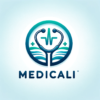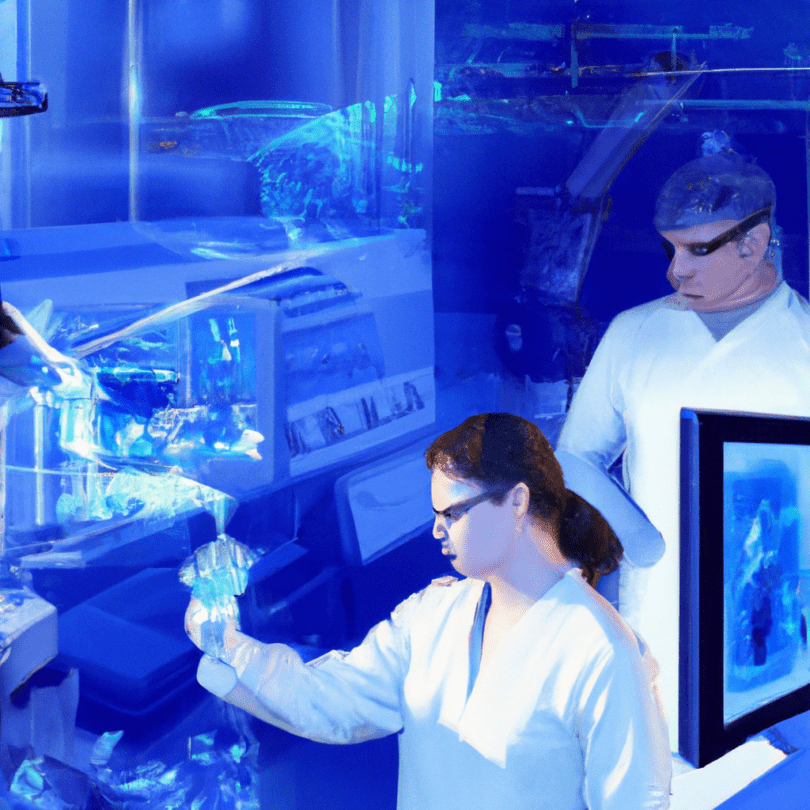Imagine a world where diseases could be detected and treated before they even begin to show symptoms. A world where potential health problems are identified in the early stages, giving patients a higher chance of successful treatment and better overall health outcomes. This may sound like a far-fetched idea, but thanks to advancements in medical technology, early disease detection is becoming a reality. In this blog post, we will explore the power of early disease detection in revolutionizing healthcare.
Early disease detection refers to the identification of diseases in their earliest stages, often before symptoms are noticeable. This can be achieved through various methods, such as regular screenings, genetic testing, and advanced diagnostic tools. By catching diseases early on, healthcare professionals can intervene sooner and provide appropriate treatment, leading to better patient outcomes.
One of the most significant benefits of early disease detection is the potential for fewer complications. Detecting a disease at an early stage means it can be treated with less invasive procedures, lower dosages of medications, or even lifestyle changes. For example, early detection of cancer can result in more effective treatment options, such as surgical removal or targeted therapy, as opposed to more aggressive treatments like chemotherapy or radiation.
Moreover, early disease detection can greatly reduce healthcare costs. When a disease is diagnosed early, the treatment tends to be less complicated, less expensive, and more likely to be successful. By contrast, late-stage diseases often require more extensive medical interventions, multiple surgeries, or long-term management, which can result in significant financial burdens for patients and healthcare systems.
Besides financial benefits, early disease detection also has a profound impact on patient outcomes. By detecting diseases early, healthcare professionals can intervene earlier, potentially preventing or delaying the progression of the disease. This can lead to improved quality of life, longer survival rates, and reduced mortality. For instance, early detection of cardiovascular diseases can prompt lifestyle changes, medication, or surgical interventions that prevent heart attacks or strokes.
Advanced diagnostic tools have played a crucial role in early disease detection. Innovations such as high-resolution imaging techniques, liquid biopsy, and genetic screening have significantly improved our ability to detect diseases in their early stages. For instance, molecular imaging techniques like positron emission tomography (PET) or magnetic resonance imaging (MRI) can detect abnormalities at a cellular level even before structural changes become apparent, allowing for earlier interventions.
In addition to medical technology, public awareness and proactive healthcare practices go hand in hand with early disease detection. Regular and age-appropriate screenings, such as mammograms, Pap smears, colonoscopies, and blood tests, can detect diseases like breast cancer, cervical cancer, colon cancer, and diabetes at their early stages. By understanding the importance of early detection, individuals can take charge of their health and work closely with their healthcare providers to ensure optimal care.
In conclusion, early disease detection has the power to revolutionize healthcare as we know it. By identifying diseases before symptoms arise, healthcare professionals can intervene earlier, leading to improved patient outcomes and reduced healthcare costs. Technological advancements and public awareness play vital roles in enabling early detection. As research continues to advance in this field, it is crucial to emphasize the importance of regular screenings and proactive healthcare practices. Together, we can unveil the hidden potential of early disease detection and pave the way for a healthier future.

